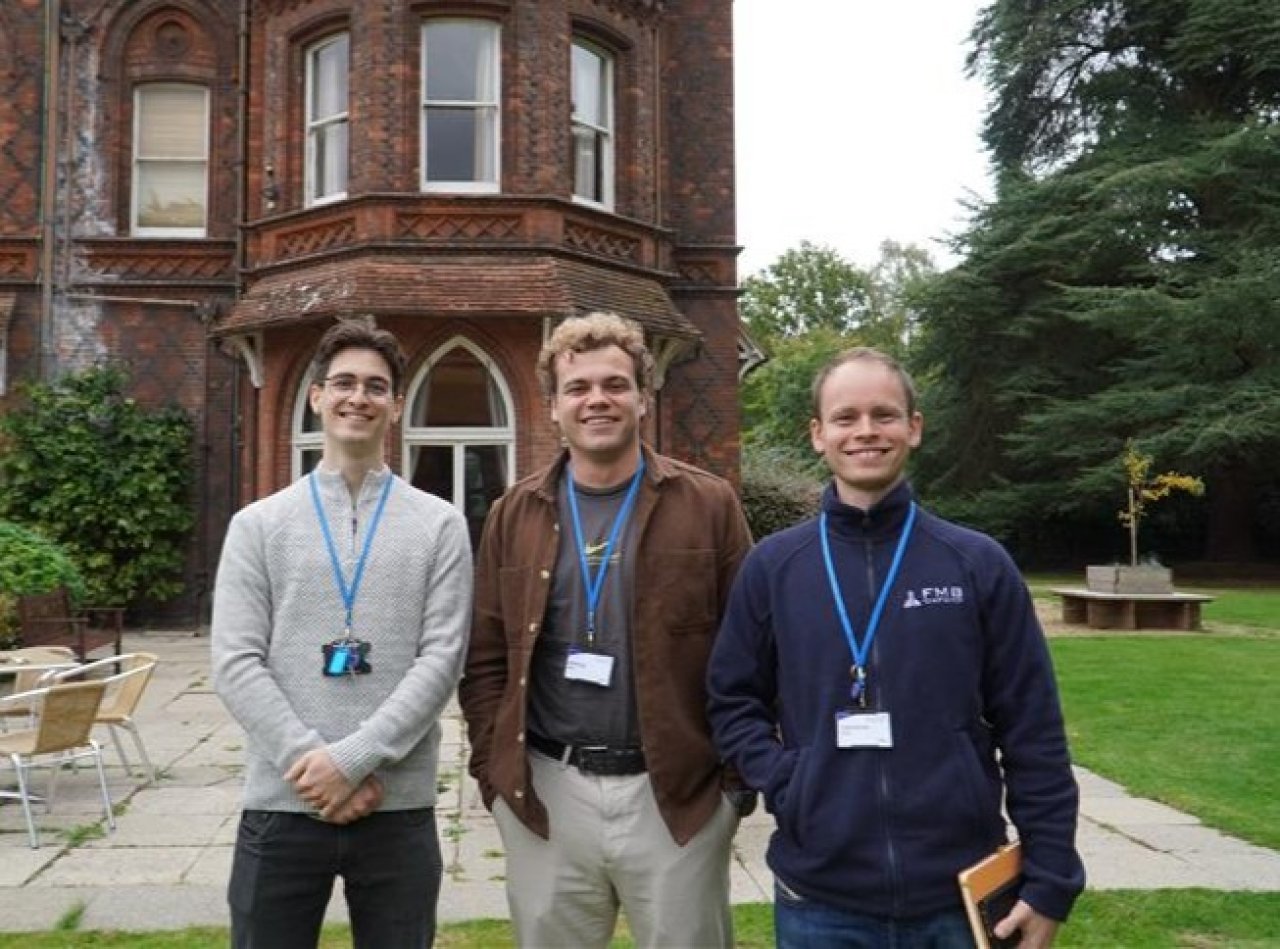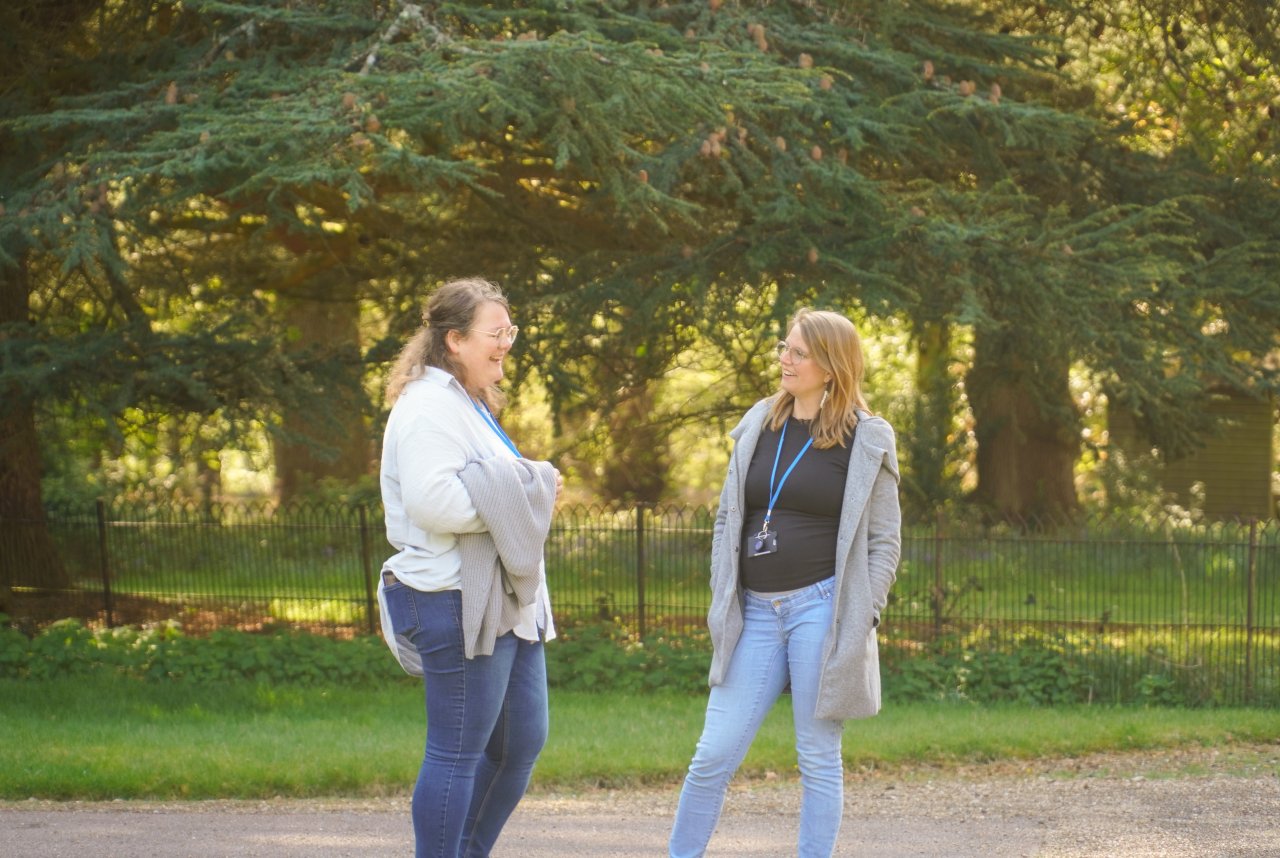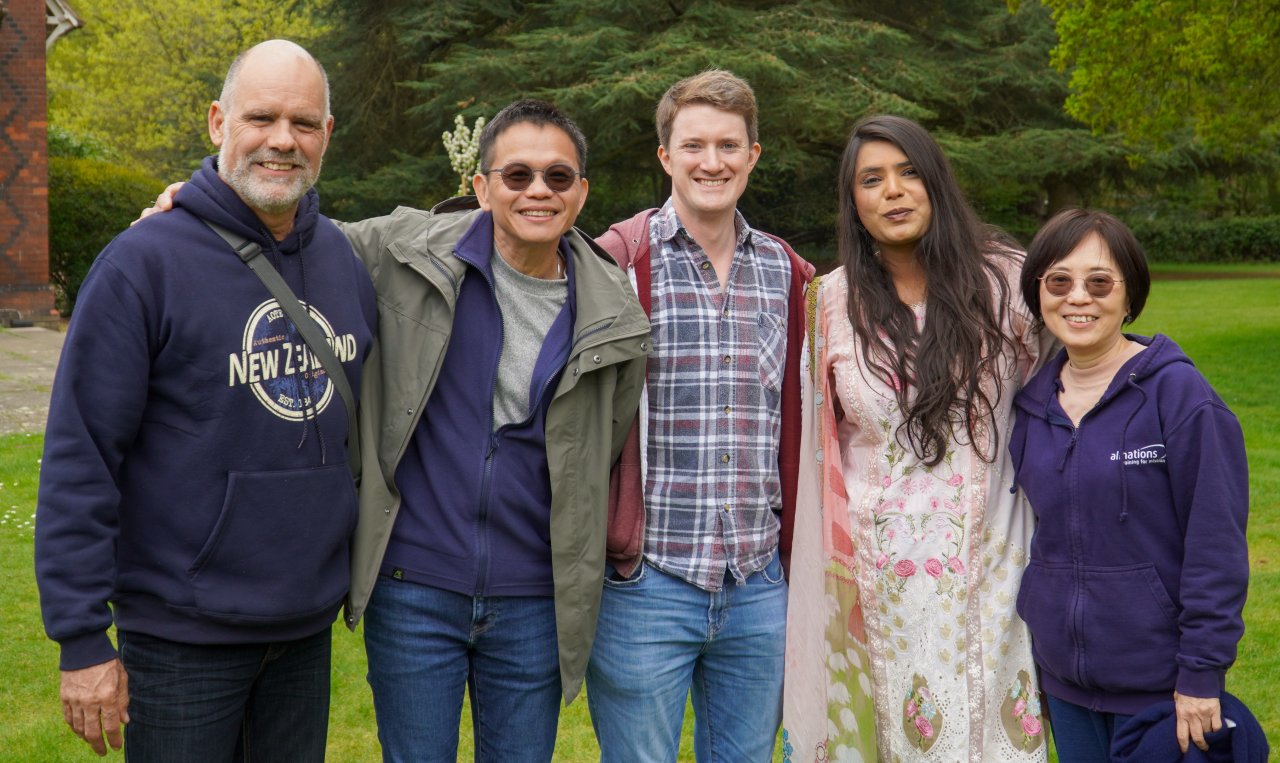Diploma
- 4 Level
- 240 Credits
- 2 Year Full Time
- 3-4 Years Part Time
Key Programme Information
-
A Diploma of Higher Education (Dip HE) in Biblical and Intercultural Studies, which is validated by The Open University. Alternatively the All Nations Diploma in Biblical and Intercultural Studies.
-
The Diploma in Biblical and Intercultural Studies prepares students for a life of Christian mission and ministry anywhere in the world. It is a two-year course designed to prepare you well in Biblical and Intercultural Studies. If studied full-time it will take you 2 years, or 4 years if studying part-time.
In Year 2 (level 5) you can tailor your studies to your interests by taking elective modules and a smaller number of compulsory modules. The elective modules fall within our vocational specialisms:
The Arts and Mission
Personal and Spiritual Formation
Theology and Mission
Cross-cultural Ministry
Poverty and Justice
Many students who complete the Diploma decide to stay on to complete our BA (Hons) degree.
-
Our flexible programme makes use of a variety of learning approaches ensuring an engaging and vibrant intercultural learning community of people from all around the world. Learning approaches make use of cutting-edge digital learning technology, live interaction with tutors, workshops, practical placements, tutorials and interactive discussion forums.
-
For those studying remotely, the flexibility of the programme means that classes can either be accessed live (in person or remotely), or asynchronously in the students own time. This makes it possible for those in different time zones, or those who are unable to get time off from their work and ministry (e.g. bi-vocational workers) to also study part-time with us.
-
Wednesday, 23 September 2026
If you have any questions please contact ba@allnations.ac.uk
What Will I Study?
-
All these topics are compulsory in the first year of the Biblical and Intercultural Studies diploma.
Old Testament and Mission
New Testament and Mission
Theology, History and Mission (with Music & Worship)
Introduction to Culture and Religion
Integral Mission Foundations and Practice (with Creative Evangelism)
Personal and Spiritual Formation I
Interpersonal Skills
Skills for Mission (with Performing Arts)
Practical Ministry I.
For a full description of all these modules, please click here.
-
Compulsory/core modules:
Personal and Spiritual Formation II
Ministry Internship
Practical Ministry II
Missiological Anthropology
Theology of Mission
Pentateuch
Synoptic Gospels
Optional or elective modules:
Acts of the Apostles
Hermeneutics and Homiletics
Leadership
New Testament Greek or Biblical Hebrew
Pastoral Care
Pauline Literature
Psalms and Wisdom Literature
Regional Missional Issues (e.g.. Asia, Africa, Latin America)
Engaging with Islam
Islam: Faith and Practice
Missional Business
Research Paper
Holistic Community Programme Management
Holistic Community Transformation
Arts for a Better Future
Creative Media
Multicultural Worship
Performing Arts in Education
Visual and Western Culture
For a full description of all these modules, and to find out how many elective modules you will need to take, please click here.

Programme Flexibility
Where Can This Lead?






